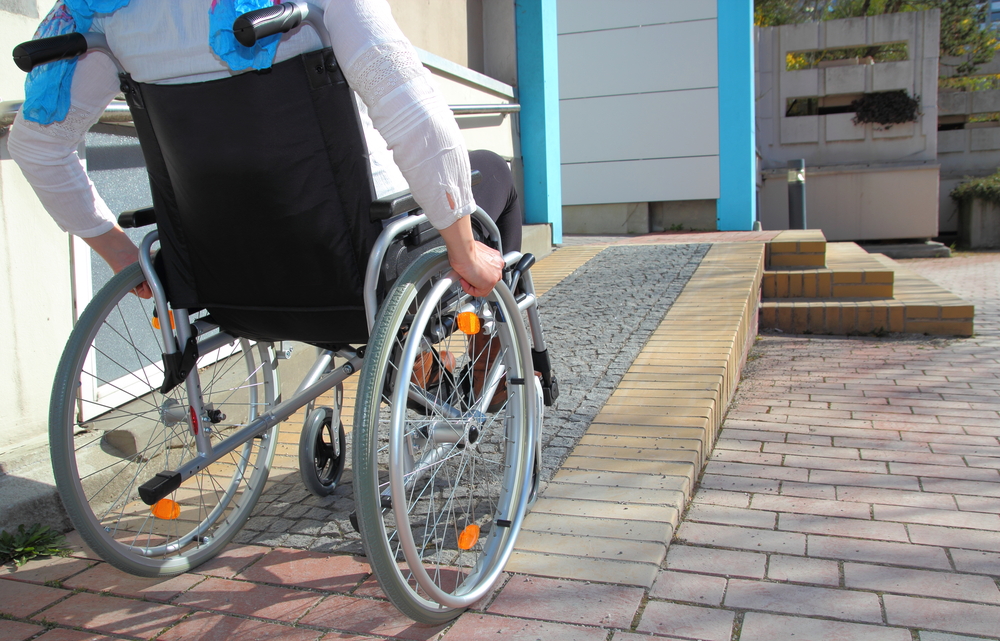Physical and Emotional Factors Weigh on SMA Patients’ Likelihood to Engage in Activities, Study Says

The degree of motor skills, and the intensity of feelings of depression and fatigue influence the degree to which adults with spinal muscular atrophy (SMA), regardless of subtype, participate in and enjoy the social and professional activities of daily life, a study from the Netherlands reports.
The study, “Social participation of adult patients with spinal muscular atrophy: frequency, restrictions, satisfaction and correlates,” was published in the journal Muscle and Nerve.
Regardless of SMA subtype (1–4), people with this disease experience moderate to severe disability that weighs on their social lives.
For this reason, researchers investigated how well 62 adults (ages 18 and older), across all disease subtypes and being treated at a Dutch clinic, took part in daily life activities. They looked at frequency of participation, perceived restrictions to participation, and patient satisfaction with taking part, as well as factors that appear to influence participation, using the Utrecht Scale of Evaluation Rehabilitation-Participation (USERP) questionnaire.
Participation frequency scores were similar across patients with early-onset SMA (type 1, 2, and 3a), and across those with late onset SMA (including types type 3b and 4) — although early-onset patients expressed greater restrictions on both a social and professional level — from exercising or working/attending school, to visiting family and friends, the study found.
Activities undertaken frequently mostly involved unpaid work (only 39% had paying jobs, and 16% a full-time job), and household activities.
Join the SMA News Today forums: an online community of support for SMA patients and caregivers.
Older age, poorer motor skills, and more intense feelings of pain and depression were seen to correlate with a lower frequency of participation.
Level of education, fatigue and feelings of depression correlated with a sense of satisfaction. But no significant differences in terms of satisfaction at taking part in daily activities were seen between early-onset and late-onset patients: 8-58% of respondents across all SMA subtypes were dissatisfied with their daily activities, particularly with doing household chores and physical exercise.
“[A]lthough less restricted, patients with late onset SMA do not feel greater satisfaction with their participation in daily life than patients with early onset SMA,” the researchers noted.
Statistical analysis showed that motor skills and feelings of depression explained 33% of variance in participation frequency, motor skills explained 26% of variance in participation restrictions, and fatigue and feelings of depression explained 50% of variance in voiced satisfaction.
“Motor skills, feelings of depression and fatigue are correlates of participation in daily life. This knowledge can be used to optimize care for SMA patients,” the researchers concluded.
Regarding depression, they added: “Although the incidence of feelings of depression among patients with SMA is not higher than in those with other neuromuscular diseases” they are linked to the frequency of both taking part in activities and enjoying them. “This suggests that it is important to monitor whether feelings of depression are present in adult patients with SMA, and if so, to consider psychological interventions in order to reduce these feelings that might be the result of impaired emotional adaptation to disease progression.”







